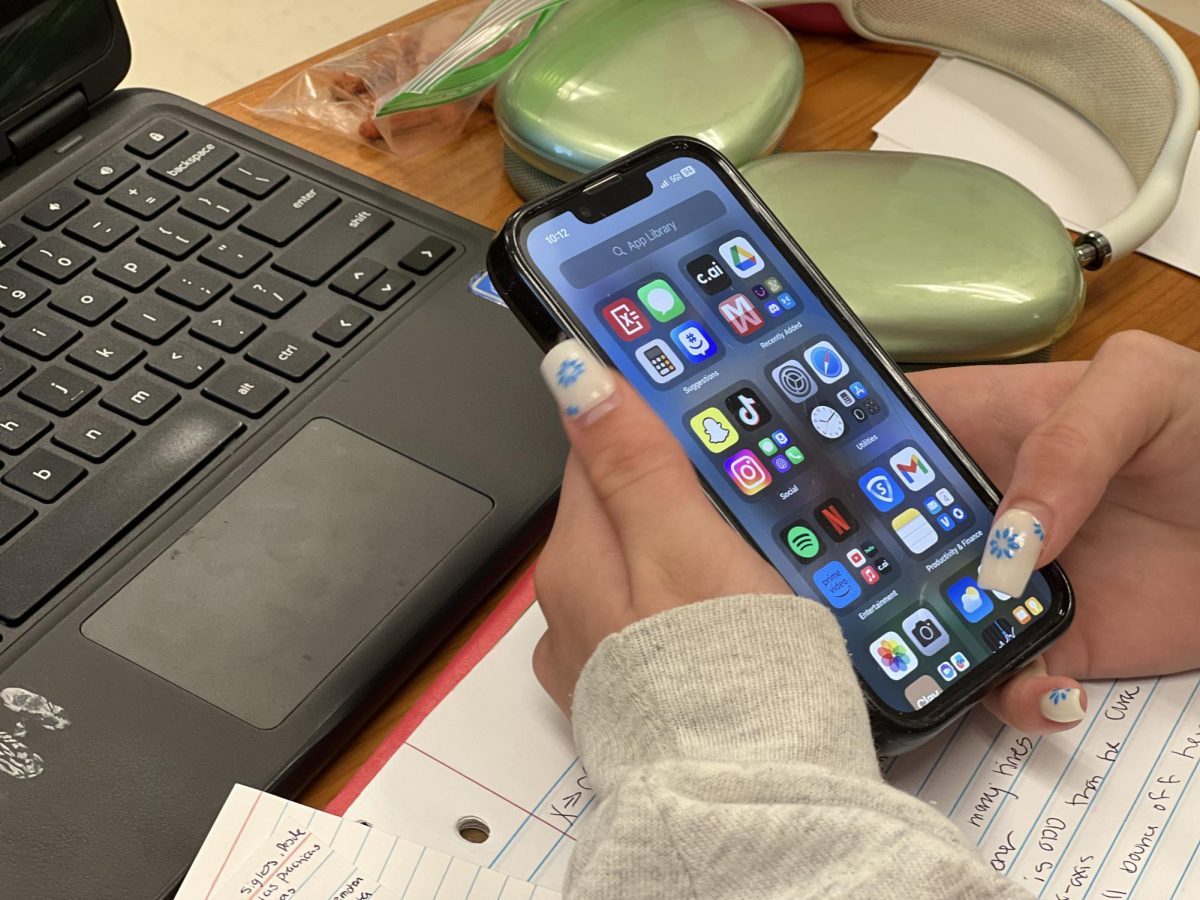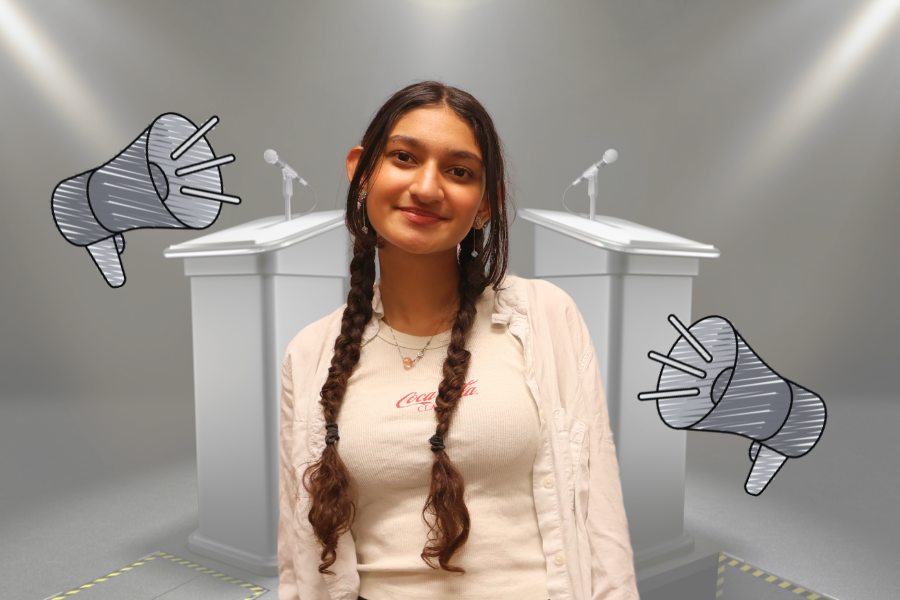Indiana lawmakers passed a bill with bipartisan support that requires schools to adopt a policy restricting the use of wireless communication devices during class time on March 24. This bill will be effective this fall. In other states, lawmakers have been urging for the restriction of cell phones and other electronic devices during school. In Utah, Republican governor Spencer Cox urged school districts and the State Board of Education to remove phones from classrooms.
“There should also be a period of time in the day where [students] don’t have access to things like TikTok and Youtube that give quick hits of dopamine,” math teacher Tyler Shaw said. “Students can become responsible phone users in school. High schoolers especially could have that maturity to use their phones with moderation, but students still need to learn from a young age to be not only responsible phone users but responsible internet users. I don’t think that bans currently are targeting the right area but something does need to be done about excessive cell phone usage in students and the general population.”
A 2022 study found that early cell phone use can have adverse effects on emotional intelligence in kids aged 5-12. Another study found that adolescent cell phone use negatively impacted mental health.
“Having smart phones from a young age does harm developmental growth in things like attention span and student focus,” Shaw said. “Students should not have access to devices with internet access until around high school.”
While legislation and academia mainly focuses on the effect of social media on young people, many students cite communication as a reason for phones to be allowed in school.
“Phones shouldn’t be banned because many students rely on them for communication,” Sye Stone ‘26 said. “If phones were banned it would prevent students from contacting people. What if students had to update their parents on where to pick them or the time they need to be picked up? During the day, plans get changed and made and if you didn’t have your phone you wouldn’t know.”
In a February poll, 79% of parents stated that they believe phones should be allowed sometimes in school but be banned during class time. A further 46% of parents answered that phones have affected their children positively, while only 9% answered that phones are affecting their children negatively.
“I genuinely do think phones in school are a problem,” Jasmine DeGuerre ‘26 said, “but I also think [cell phone use] reflects on parents because many students get home and immediately get on their phones for hours at a time. Many students seek comfort in their phones because they were never encouraged to go outside and socialize in real life. There should be more enforcement [of phones in classrooms]. But, a full ban could mean students that need to call or talk to parents wouldn’t be able to. While I see the importance [of phones], they do distract students. In all, excessive phone usage should be monitored more by parents than schools themselves.”
Teenagers are widely seen as the main proponents of cell phones, but Pew Research Center data suggests otherwise. In their March survey, 46 percent of teenagers responded that their parents are sometimes distracted by their phones. Concerns like these suggest that phones might not just be a problem in education, but also in the country as a whole.
“[Phones] are like a virus,” art teacher Jesus Ramirez said. “[People] fear an upcoming zombie apocalypse, but I believe it’s already here in the form of cellphones and the zombies are the people who are always on their phones and social media. It’s distracting people. We should ban all cell phone usage in school. If we lay the hammer down across the board we would be able to nip [cell phone usage] in the bud. Phones should be confiscated if students have them out. Also, paying $15 in the office to get your phone back is not enough. It should be raised. It needs to hurt.”














